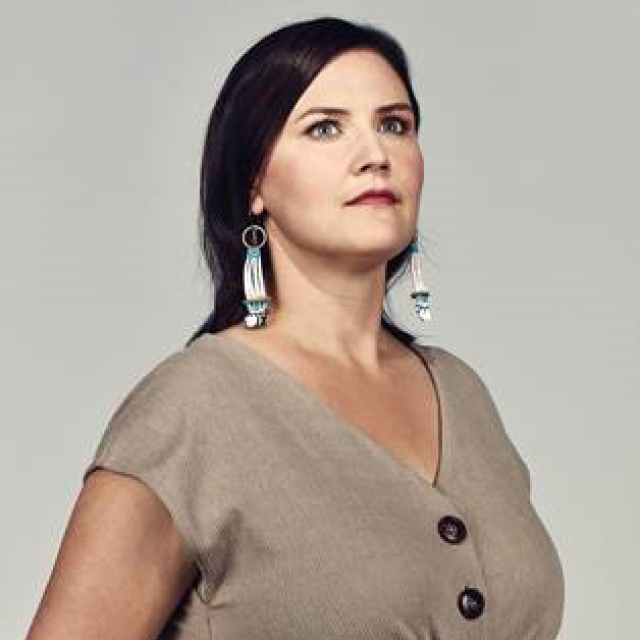Finding the Children: Searching for Unmarked Graves at Residential School Sites in Canada
The University of Queensland's School of Social Science is looking forward to welcoming Professor Kisha Supernant, Director of the Institute of Prairie and Indigenous Archaeology & Professor, Department of Anthropology, University of Alberta to UQ in August. During her visit, Professor Supernant will deliver a seminar titled 'Finding the Children: Searching for Unmarked Graves at Residential School Sites in Canada'. All are welcome to attend.
About the seminar
In 2021, the Tk’emlúps te Secwe̓pemc First Nation announced the discovery of 215 potential unmarked graves near the Kamloops Indian Residential School using ground-penetrating radar (GPR) conducted by archaeologists. This was one of many revelations of unmarked graves associated with Indian Residential Schools that have haunted Indigenous communities and shocked the public. In response, the government pledged funding to support Indigenous communities who wanted to conduct their own searches for their missing relatives. Many communities sought the assistance of archaeologists to design and implement GPR surveys and other methods to locate potential grave sites.
During this talk, Professor Supernant will offer an overview of how archaeologists have been collaborating with Indigenous communities in Canada on this sensitive and emotional work. The opportunities and challenges that arise in this context, such as ethical issues, cultural protocols, technical limitations, and emotional impacts will be discussed. Professor Supernant argues that archaeologists have an important role to play in supporting Indigenous communities in their efforts to reclaim their heritage and heal from historical trauma.
About the speaker
 Professor Kisha Supernant (Métis/Papaschase/British) is the Director of the Institute of Prairie and Indigenous Archaeology and a Professor in the Department of Anthropology at the University of Alberta. An award-winning teacher, researcher, and writer, her research interests include the relationship between cultural identities, landscapes, and the use of space, Métis archaeology, and heart-centered archaeological practice. Her research with Indigenous communities (including Métis and First Nations) in western Canada explores how archaeologists and communities can build collaborative research relationships and uphold Indigenous rights to cultural heritage.
Professor Kisha Supernant (Métis/Papaschase/British) is the Director of the Institute of Prairie and Indigenous Archaeology and a Professor in the Department of Anthropology at the University of Alberta. An award-winning teacher, researcher, and writer, her research interests include the relationship between cultural identities, landscapes, and the use of space, Métis archaeology, and heart-centered archaeological practice. Her research with Indigenous communities (including Métis and First Nations) in western Canada explores how archaeologists and communities can build collaborative research relationships and uphold Indigenous rights to cultural heritage.
She leads the Exploring Métis Identity Through Archaeology (EMITA), a collaborative research project which takes a relational approach to exploring the material past of Métis communities, including her own family, in western Canada. Recently, she has been increasingly engaged in using technologies to locate and protect unmarked burials around residential schools at the request of Indigenous communities. She has published in peer-reviewed journals on GIS in archaeology, collaborative archaeological practice, Métis archaeology, and Indigenous archaeology in the post-TRC era, as well as co-edited two books. She was recently named to Edmonton’s Top 40 under 40 by Avenue Magazine and elected to the Royal Society of Canada's College of New Scholars, Scientists, and Artists. She is also President of the Indigenous Heritage Circle.
